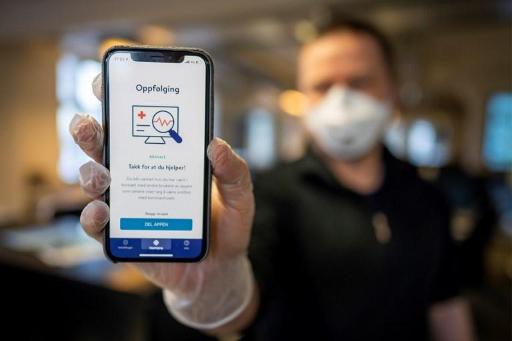Belgium's contact tracers have already called at least half of confirmed coronavirus patients, less than a week since the tracing strategy began running at full speed.
Frank Robben, a computer scientist tasked with running the tracing effort at the federal level, said that Belgium's "corona detectives" had already spoken to between 50 and 60% of people infected with the new coronavirus (Covid-19).
Tracers obtain the details of people who have tested positive for the virus through medical laboratories, general practitioners and hospitals, who upload patient information to a centralised platform.
Related News
- Human Rights League: rules on contact tracing breach basic rights
- Coronavirus: Slovenia declares end of epidemic
- Exit plan: how contact tracing works
Callers run into a roadblock when general practitioners cannot provide a patients' telephone number, but Robbens said that the platform would soon be able to turn to complementary insurance companies (mutualités/mutualiteit), who have up to 80% of their beneficiaries contact details.
"People infected with the coronavirus are generally not well prepared to provide us with a list of their contacts," he said, noting that only a third of those contacted by the tracers had been able to explain who they had been in touch with.
But the numbers also showed that a third of people had limited their social contacts, which Robbens said suggested the confinement measures were well followed.
"On average, they have been in contact with two other people," he said, urging people to keep track of who they met and interacted with.
"It is very important that people who undergo a test write as complete a list as possible about the people that they have been in close contact with during the days prior to the apparition of the first symptoms or before the test, preferably with those people's phone number," he said.
The news came as a group of human rights organisations on Friday warned that legal loopholes contained in the tracing platform's legal framework, published on 4 May, offered insufficient protections for people's private and personal data.
Gabriela Galindo
The Brussels Times

